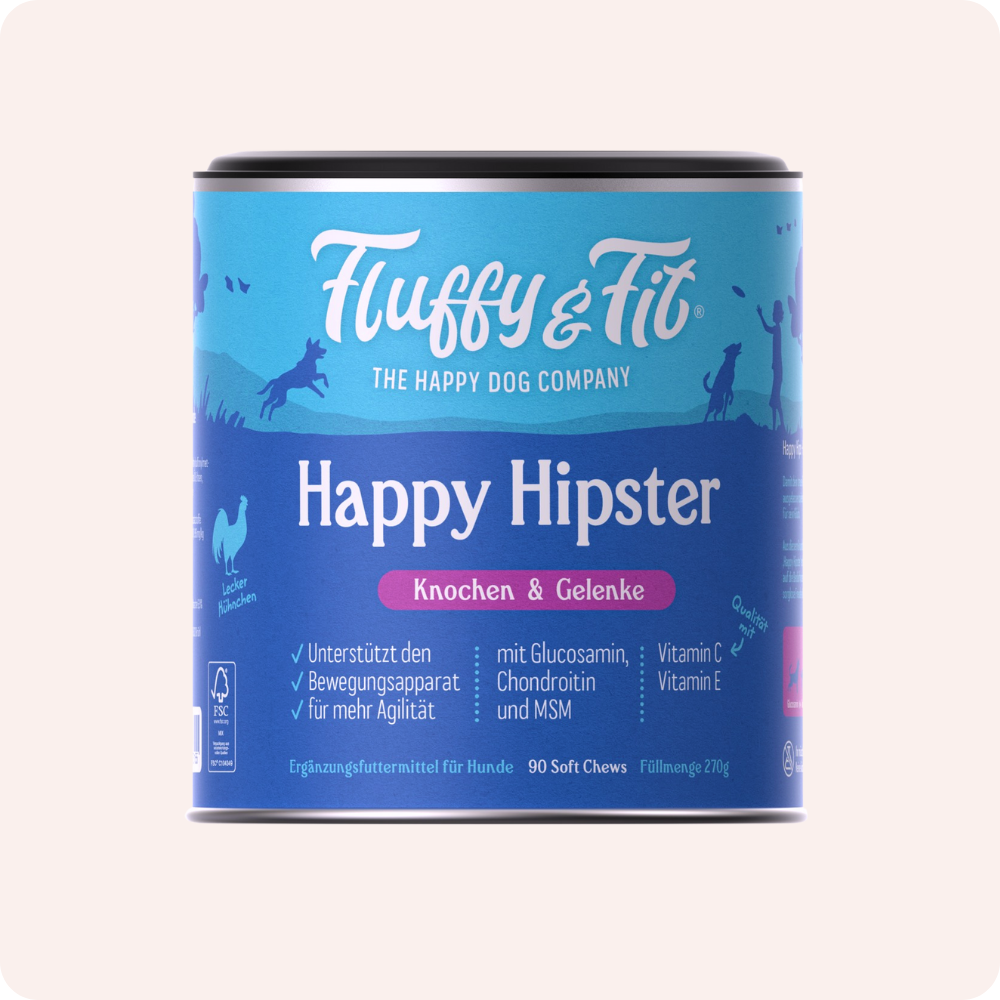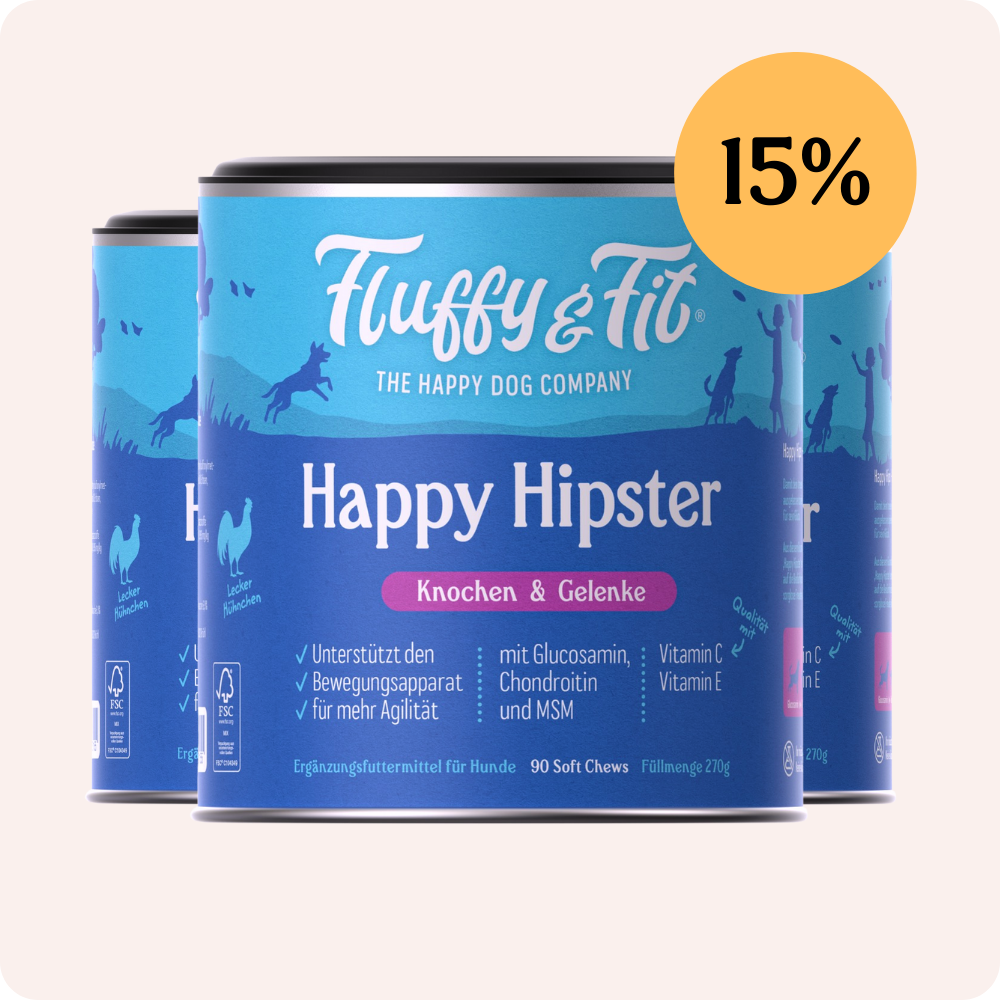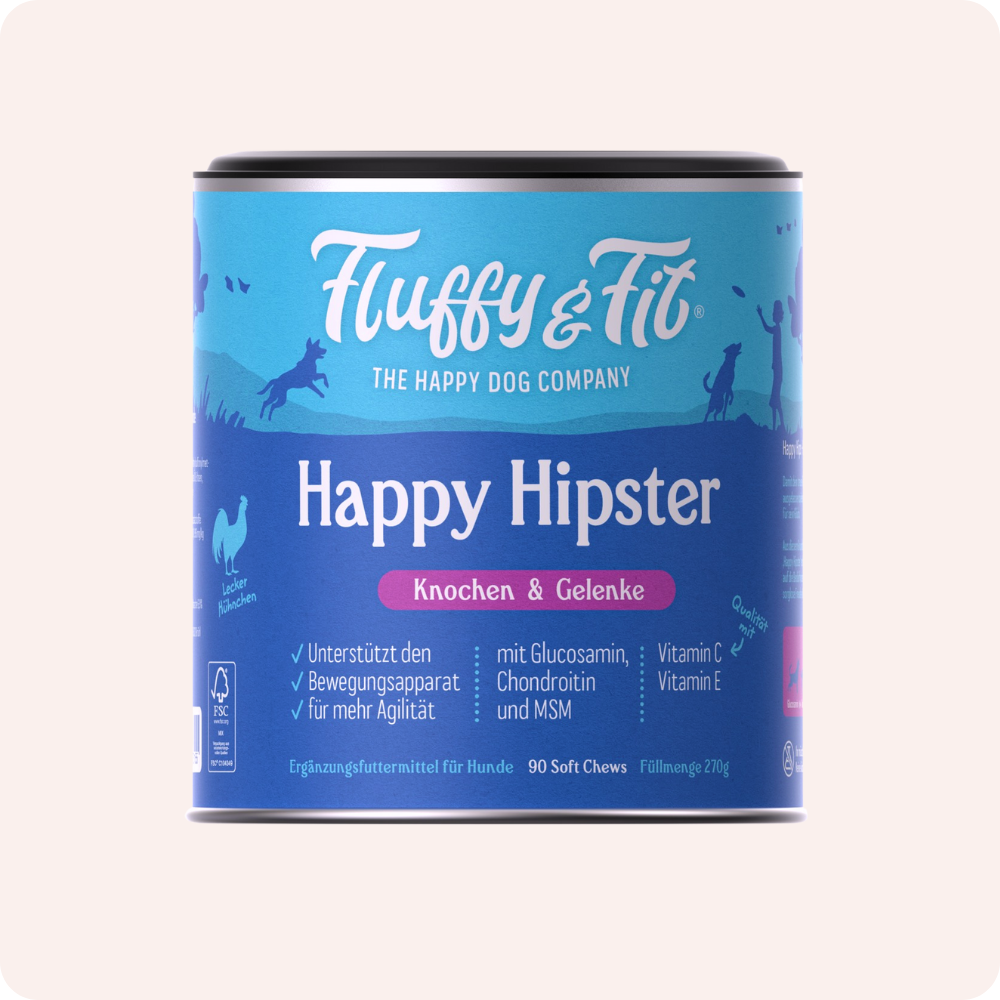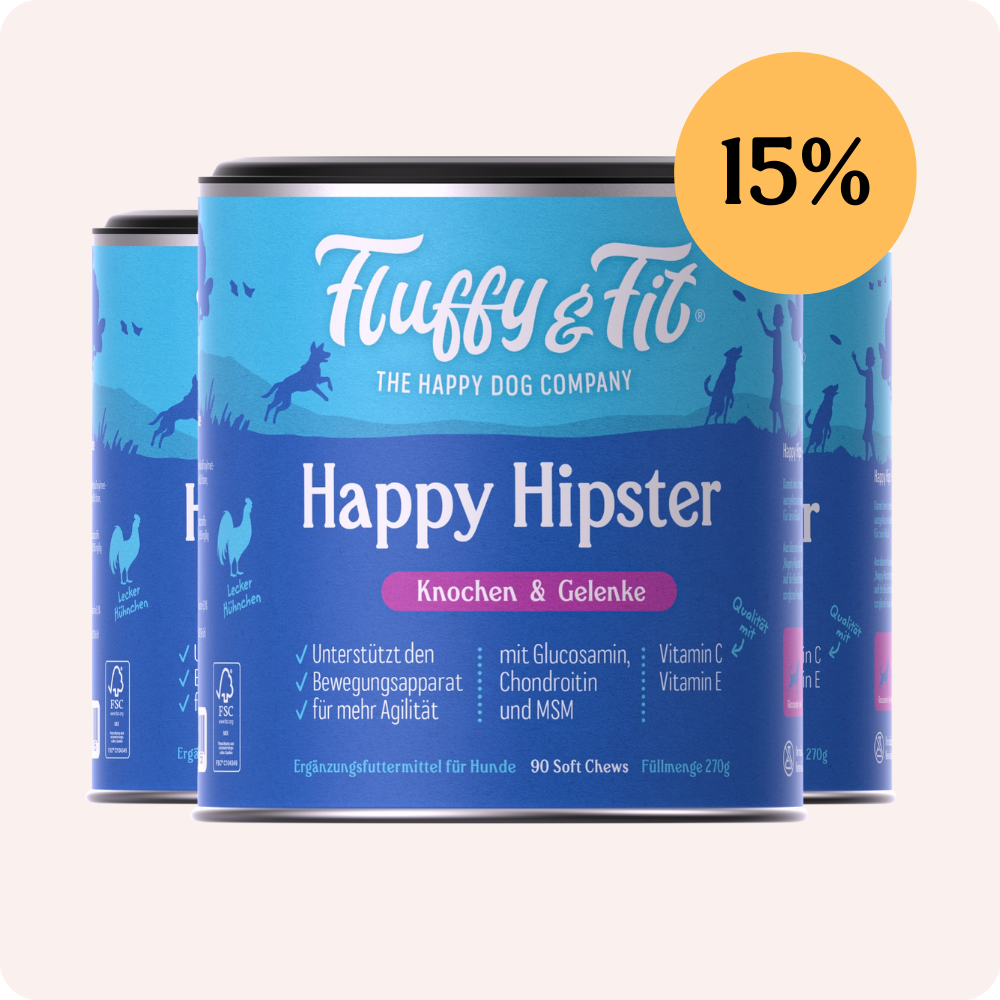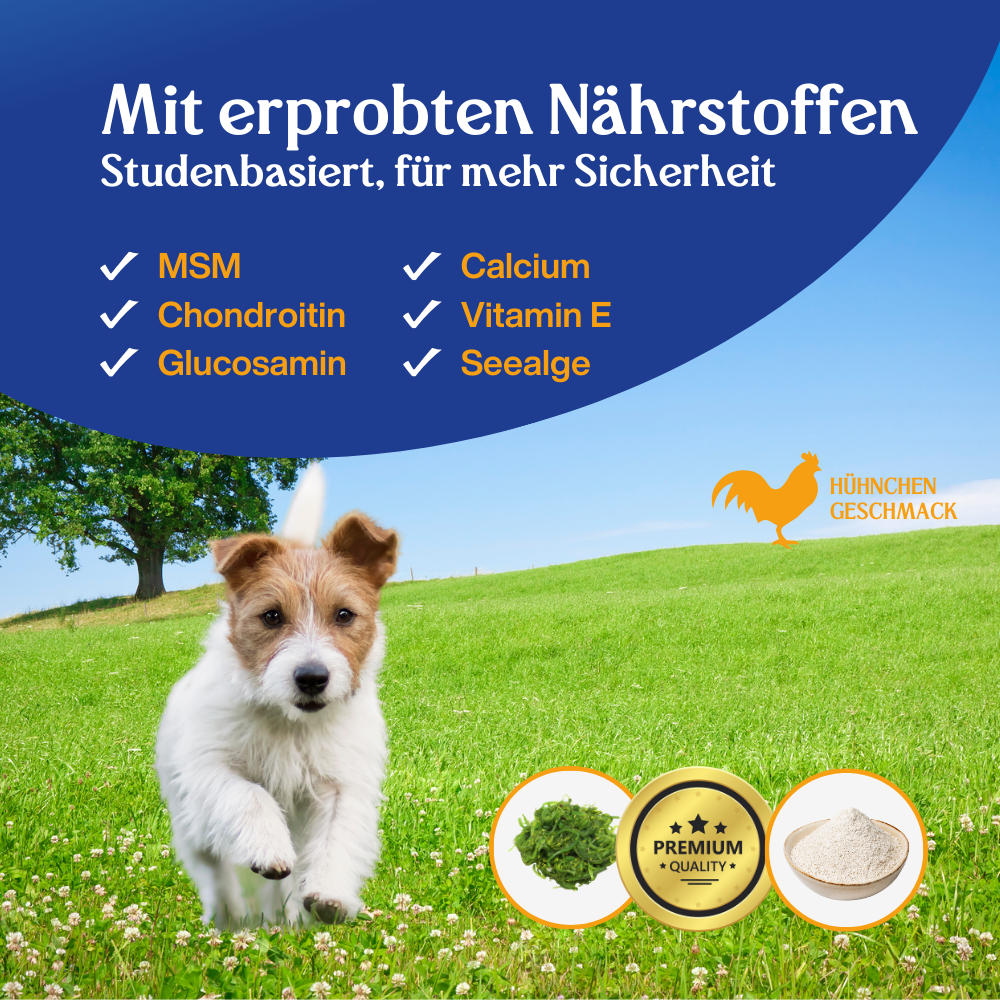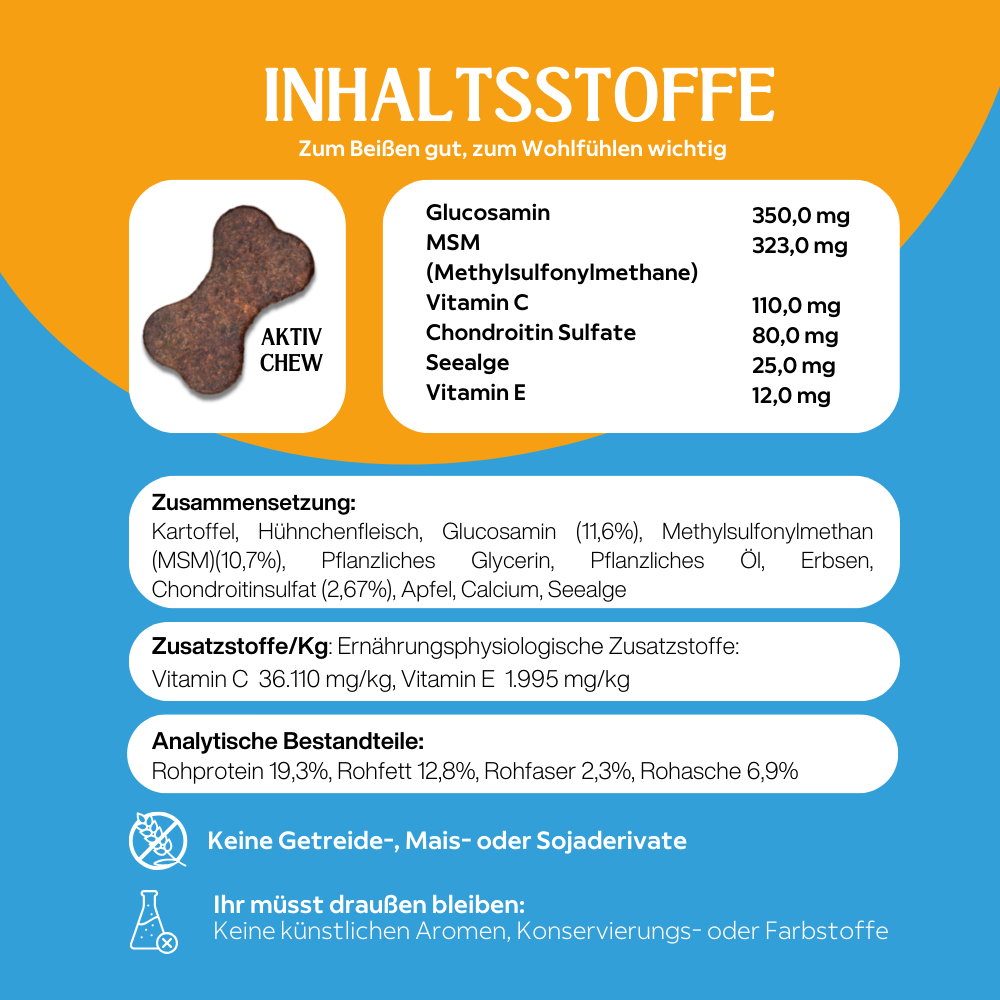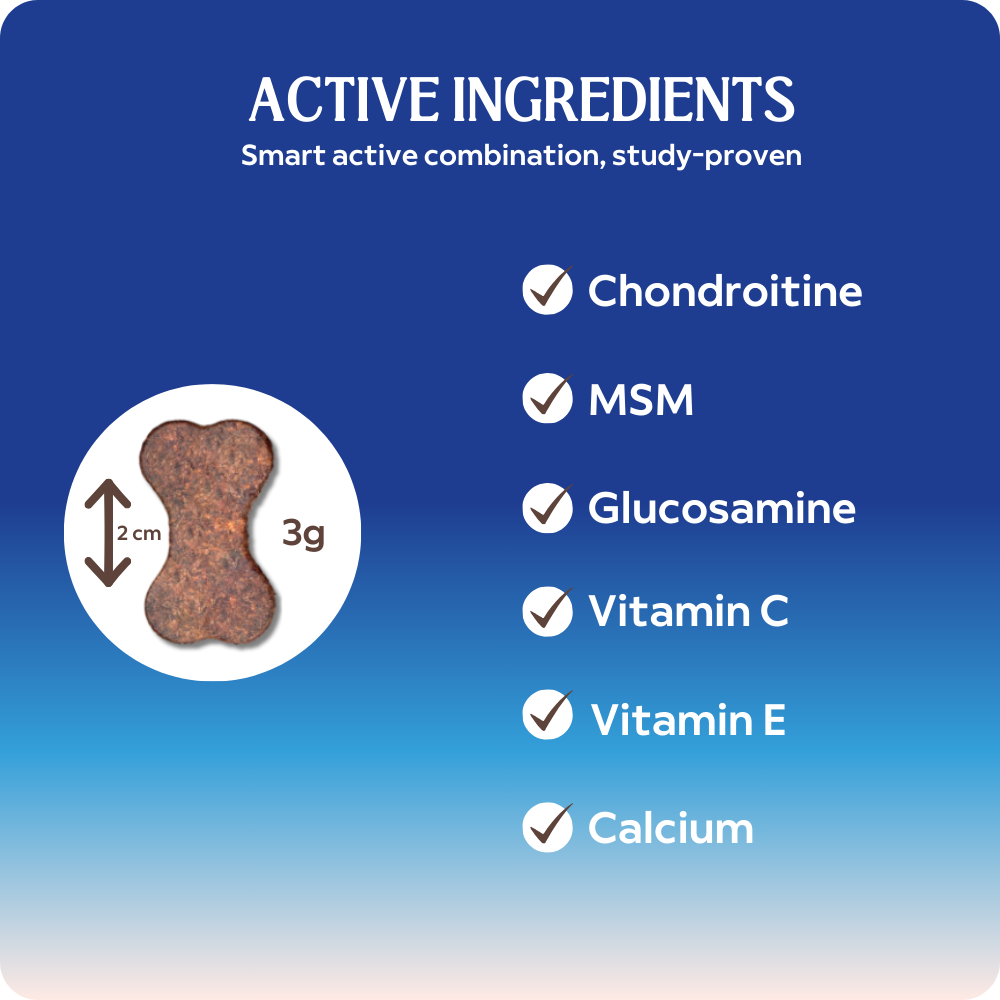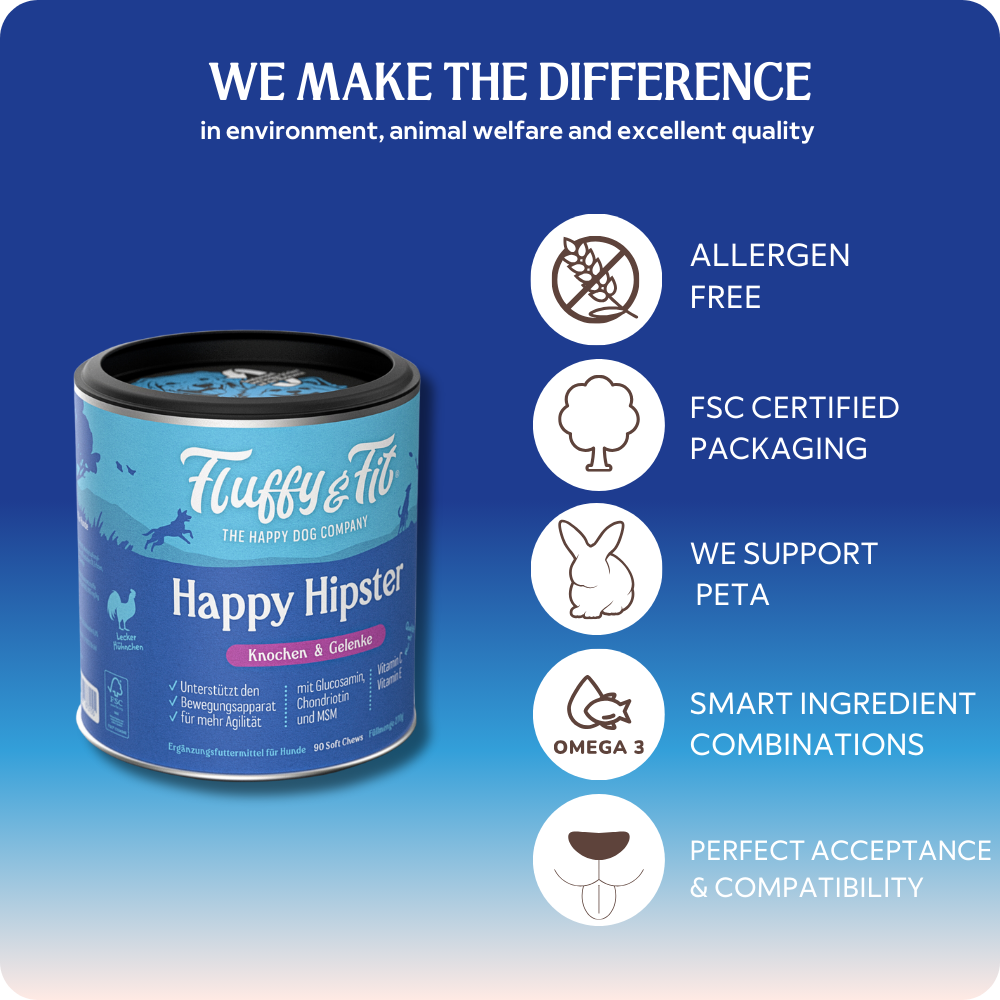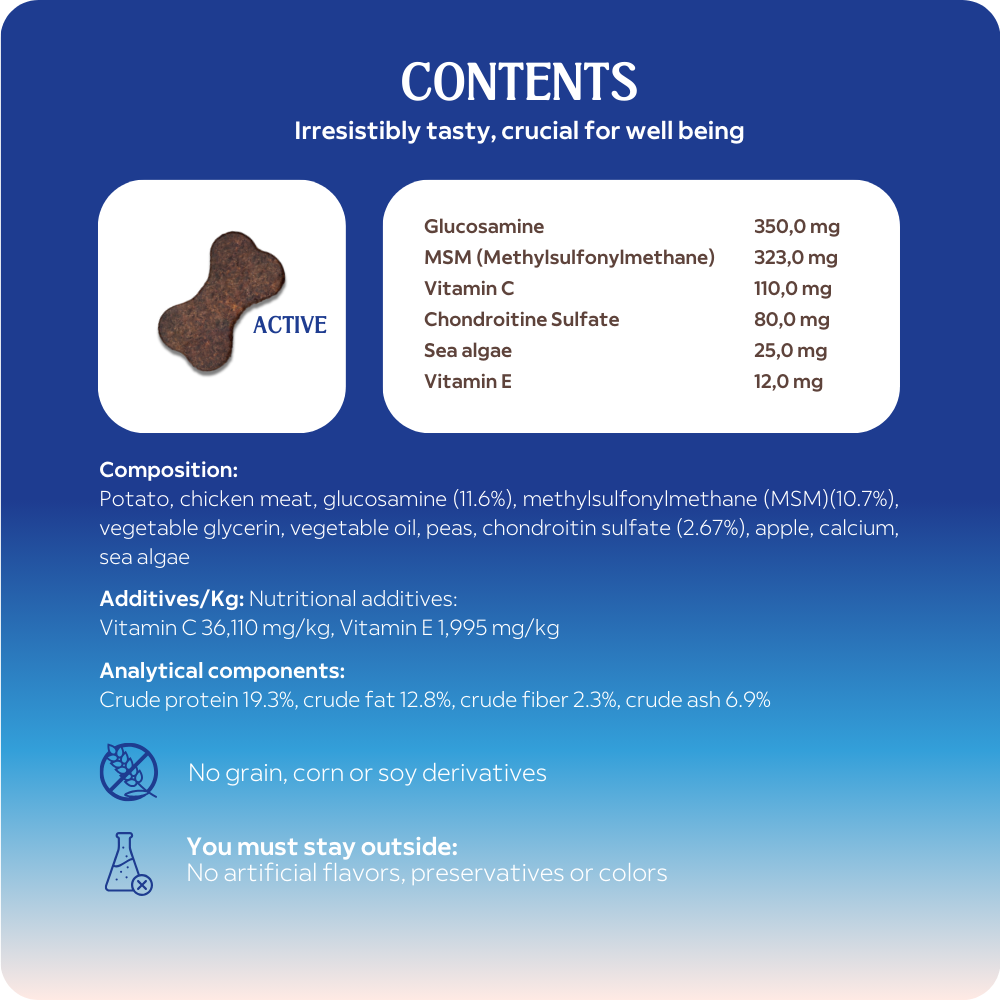The diet of our furry companions deserves attention and care. A frequently asked question among dog owners is: “Can dogs eat fruit?” The answer to this is not black and white, because while some types of fruit are a tasty and healthy addition to our four-legged friend's diet, other fruits can be harmful to their health.
Yes to fruit, but with caution
Fruit contains vitamins, minerals and antioxidants that can also be beneficial for our dogs' health. A moderate consumption of certain types of fruit is therefore not only safe, but can also offer a tasty variety. But be careful: Some fruits are poisonous to dogs and must be avoided at all costs.
Fruit that dogs can eat
Some safe fruits for your dog to consume:
- Apples (remove cores)
- Bananas (in moderation due to high sugar content)
- Blueberries
- Strawberries
- Watermelon (without seeds and peel)
These fruits offer various vitamins and nutrients and can be incorporated into your dog's diet in moderate amounts.
Fruit that dogs are NOT allowed to eat
Some fruits can be toxic to dogs and should be strictly avoided:
- Grapes and raisins : May cause kidney failure.
- Cherries : Contain cyanide, which is toxic to dogs.
- Citrus fruits : Can cause stomach upset if consumed in excess.
It is essential to keep the above-mentioned fruit away from your dog's reach to prevent accidental ingestion.
Practical tips for feeding fruit
- Small Amounts : Introduce new fruits in small amounts to test tolerance.
- Preparation : Always remove seeds and peels and serve the fruit in dog-friendly portions.
- Moderation : Remember that fruit contains added sugar and calories and should be eaten in moderation.
- Observe your dog : After introducing new foods, look for possible signs of allergies or intolerances.
Conclusion: A sweet snack with care
Fruit can be a safe and tasty reward for your dog if you choose the right fruits and feed them in appropriate amounts. Always consider your pet's individual needs and preferences and be aware of possible risks to ensure a healthy and safe snack.
Note: This post is intended to be informative and is not a substitute for professional veterinary advice. If you are unsure or in emergencies, always consult a veterinarian.


